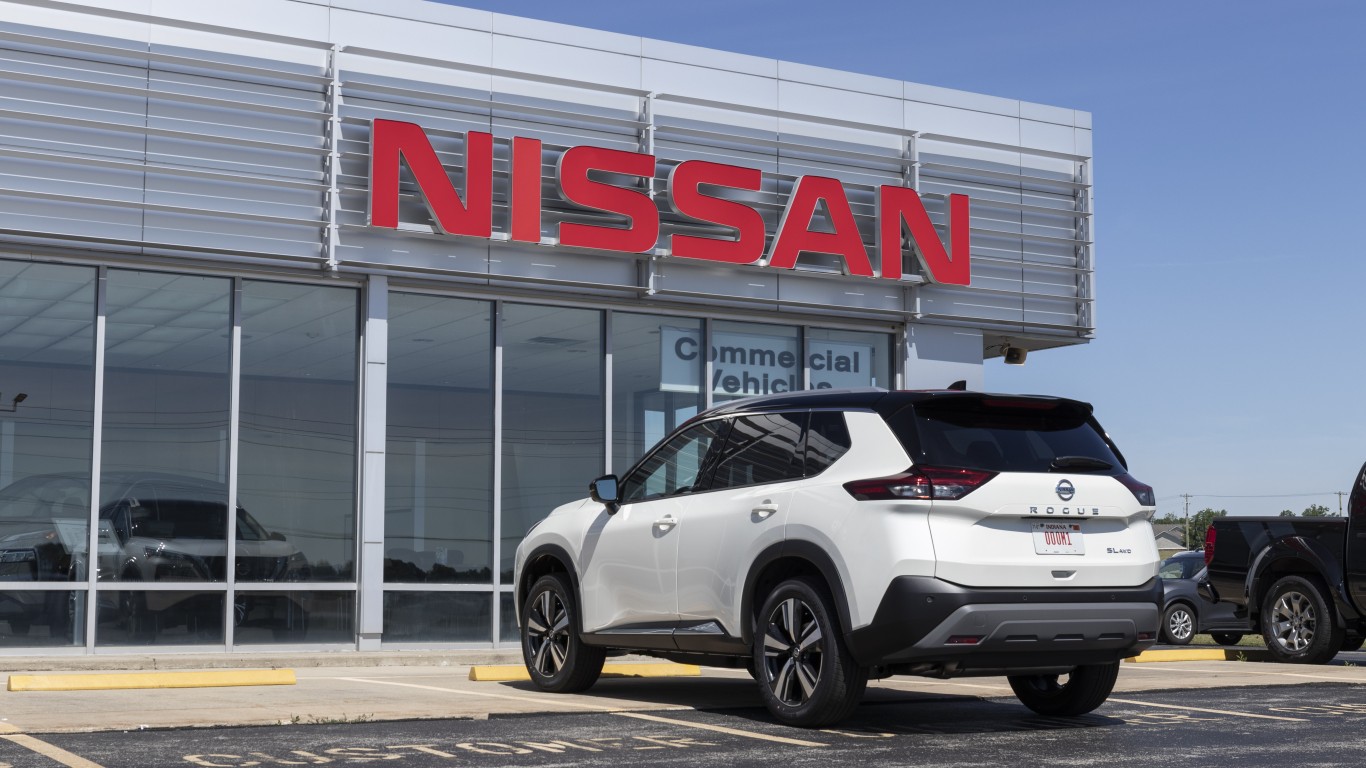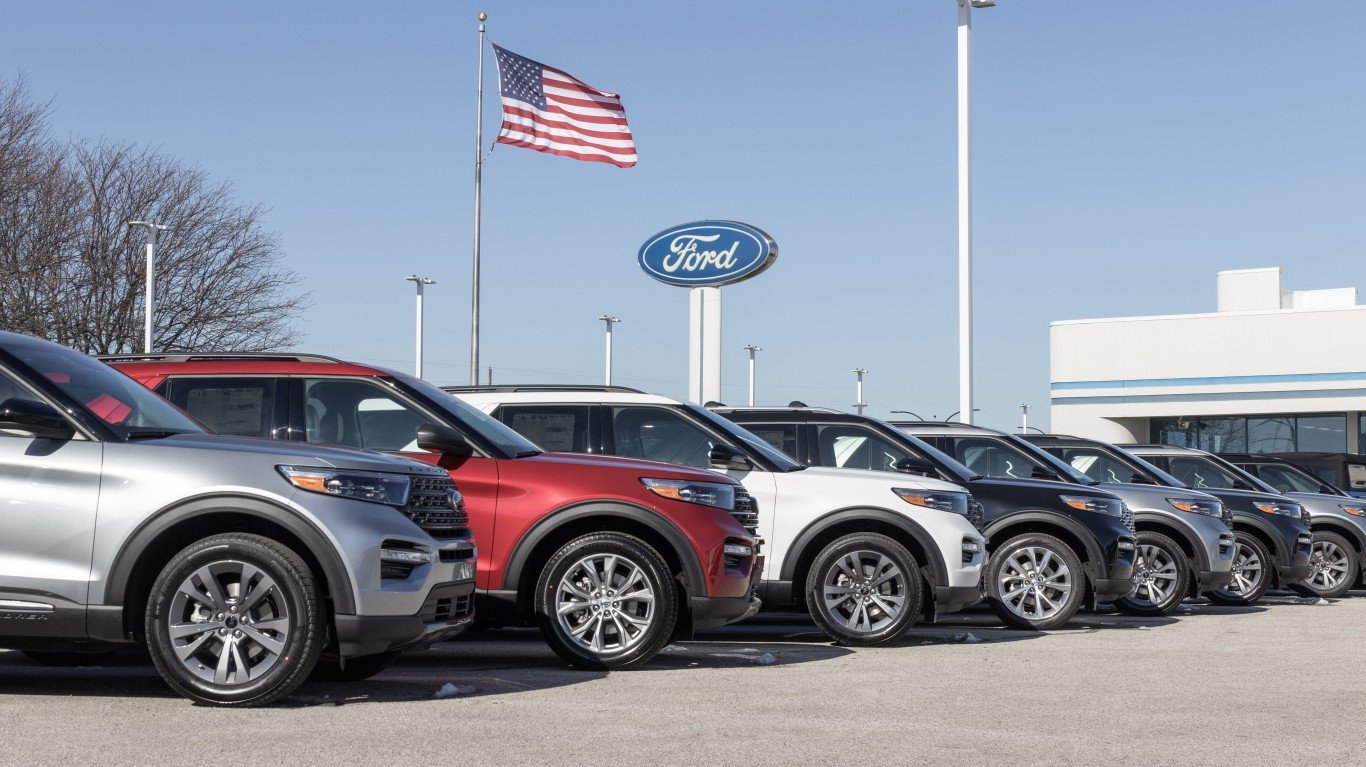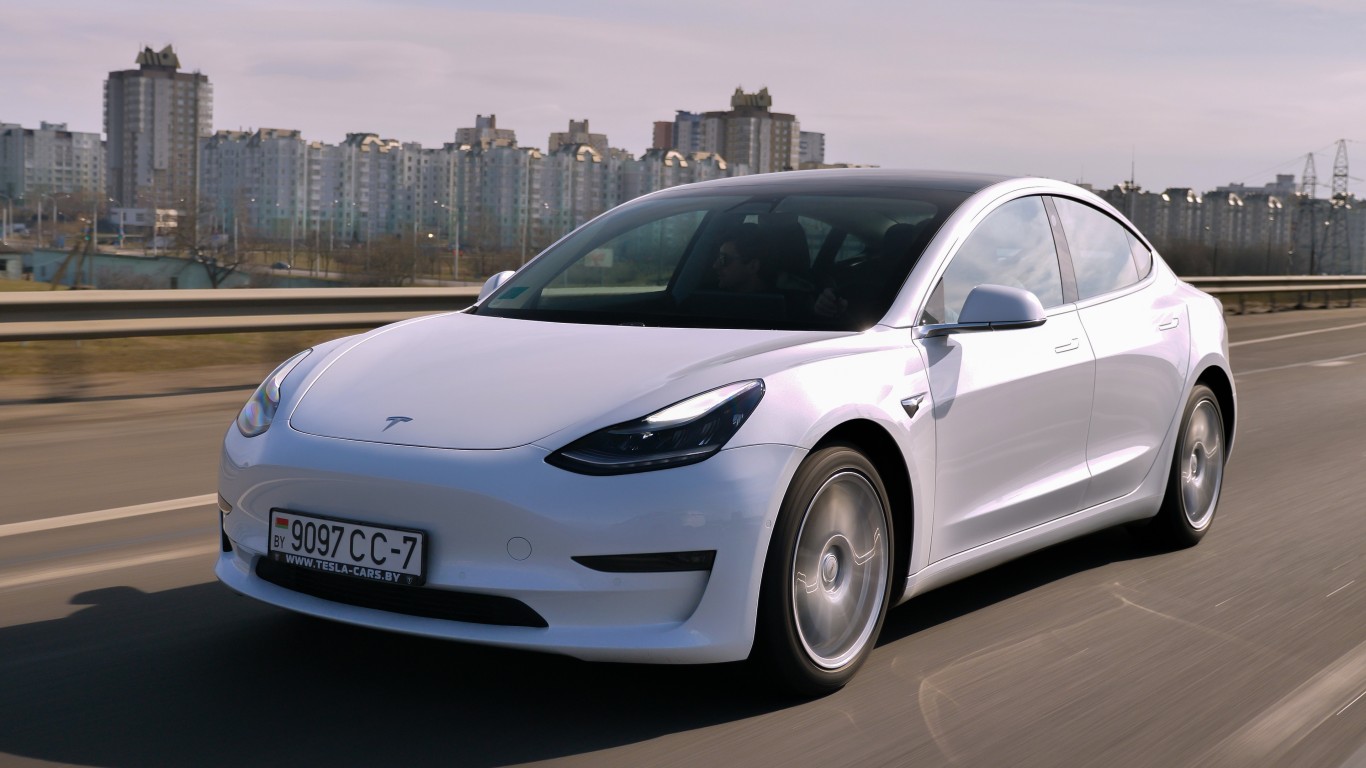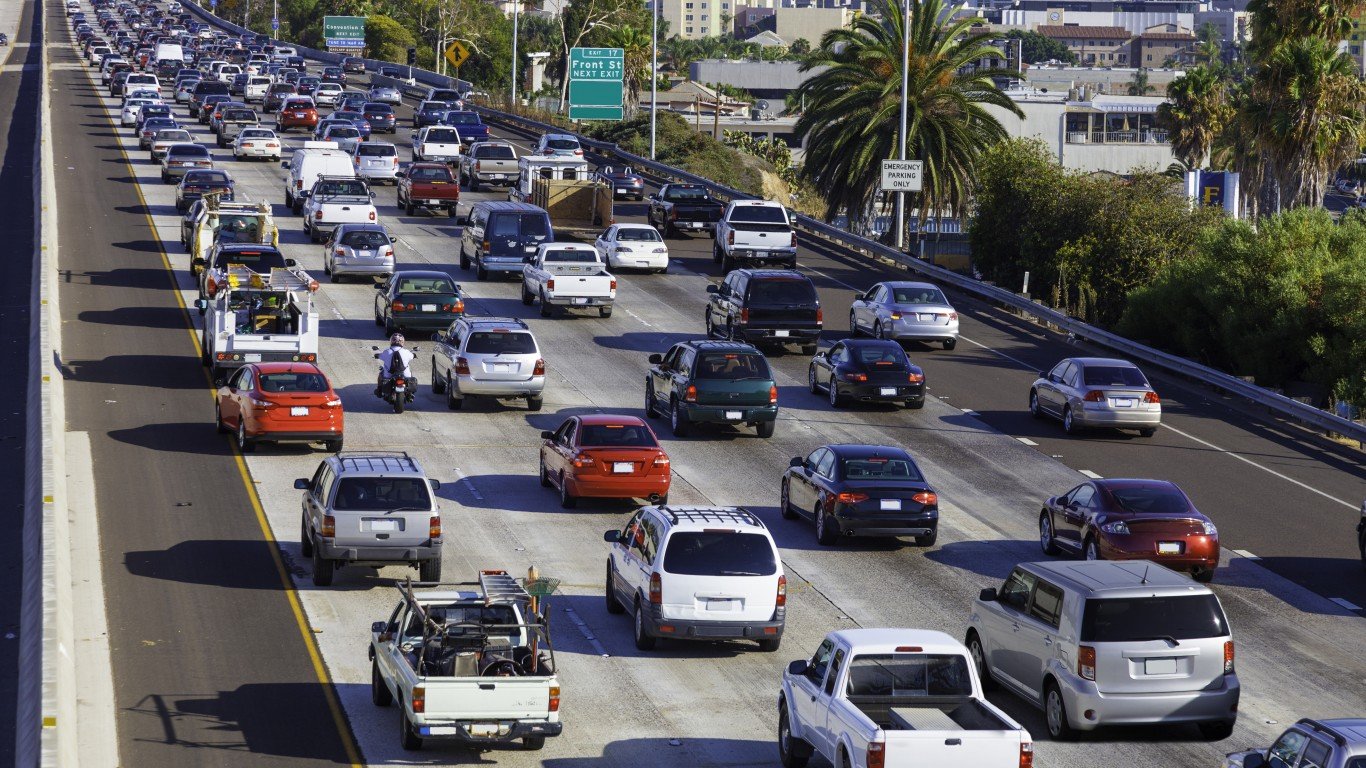

Automobile sales have slowed considerably since COVID-19 began to spread rapidly through the United States. The two primary reasons are that people would not go to dealers and that a recession took hold at about the same time. The average American car stays on the road for nearly 12 years, and that number will rise and will rise sharply.
Research firm IHS Markit found that the average age of an American car is 11.8 years and there are 278 million cars on the road. A telling number is that the number of cars owned for 16 years or longer will increase by 22% between 2018 and 2023. The number of those cars will hit 84 million at the end of the period.
One reason people keep cars longer is that they last longer due to an improvement in vehicle quality. Another effect that could be just as large is that car buying collapses during a recession. In 2007, over 16 million cars were sold in America. That number dropped to just about 10 million in 2008. People kept their cars longer because they had to.
Another reason people will extend car ownership is the length of time to pay off car loans. Those loans regularly stretch out to 84 months. People need to keep these cars seven years just to pay down the obligation.
The length of time people hold their cars will deeply affect car companies, which are already in trouble. The two largest American manufacturers, Ford Motor Co. (NYSE: F) and General Motors Co. (NYSE: GM), will be battered this year. The stock price of each is down over 25%, while the S&P 500 is flat. The effect on Ford shares is that it has taken an already steep stock steeper. Its shares are down 52% in the past 5 years, while the S&P 500 is 57% higher.
The length of time Americans keep their cars certainly will rise this year, as a multiyear trend meets the pandemic.
Thank you for reading! Have some feedback for us?
Contact the 24/7 Wall St. editorial team.
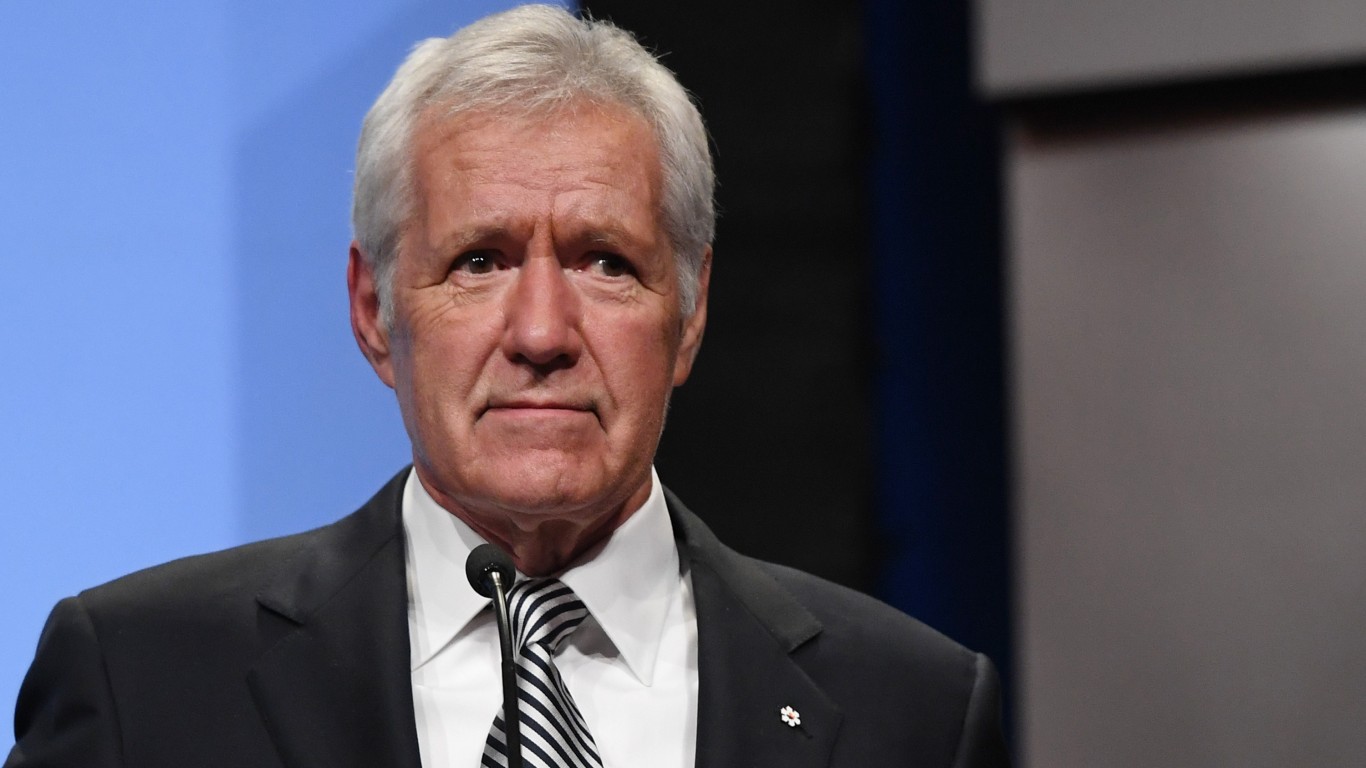 24/7 Wall St.
24/7 Wall St.
